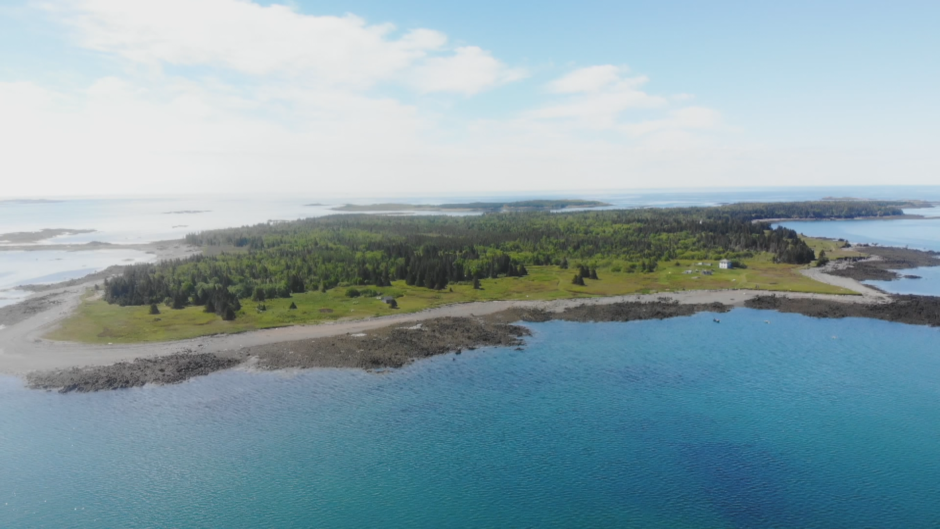June 26, 2020
Fraser Shepherd remembers knowing as a 13-year-old that the island he inhabited was unique and remote.
But he was with family, friends and neighbours, and this was just home: an island off an island out in the mouth of the Bay of Fundy.
New Brunswick seemed almost as far away as the war raging then in Europe. It didn't matter to Shepherd. His island was the world.
Wood Island is a three-kilometre-long strip of forests and fields off the southeast coast of Grand Manan.
And Shepherd is one of the few born and raised on the island who are still around to remember what it was like before the community was abandoned.
“They’re getting pretty far and few between now,” Shepherd, 89, said from his home on Grand Manan.

Shepherd was 15 when his family left, early in a migration ushered in by the boat motor and other changes in the fishery. Living farther inland, meaning the island next door, became more convenient.
One by one, Wood Island families moved, many across Seal Cove to Grand Manan, a little over two kilometres away. But though the community was emptied, signs of it are easily found today, and family connections to the little island remain strong.
In its prime, Wood Island had about 200 farmers and fishermen. It boasted stores, a school, a church, post office, farmhouses and fishing wharfs.
Now those buildings are in various stages of decay and collapse, forming a 70-year-old ghost town at the mouth of the Bay of Fundy.
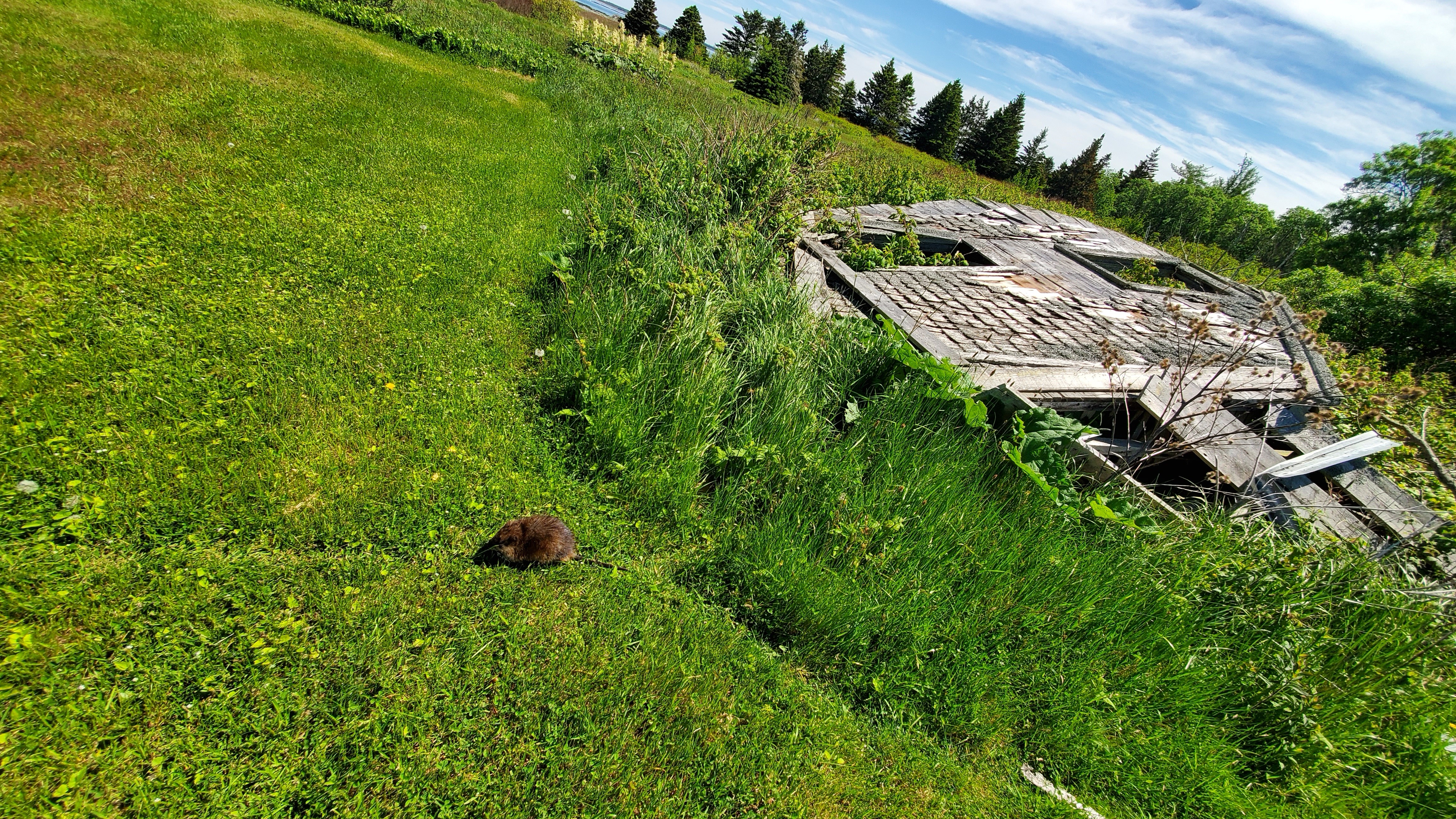
Life on the island
Shepherd’s first job was herding a neighbour’s cows from pastures twice a day, netting him $1.25 a month.
The middle child of nine and oldest boy in his family, Shepherd remembers his daily workload as hard but necessary to keep the family fed and sheltered.
“When I was 13 my father said, ‘You do a lot of the work around here, so I’ll give you the sheep,’” said Shepherd. “And all that did was bring more work.”
He never thought of himself or his family as poor but admits it took a lot of hard labour to get by on the island.
A day’s work for a young teen included hand-shearing those sheep and rescuing them from rocks surrounded by the tides.
“You get around and get them aiming right, give them a push and they’d go in that direction to shore to keep them from drowning,” said Shepherd.
Wood Island still cradles the remains of the community it hosted 70 years ago.
School days
Shepherd said he was one of about 40 children who went to a single-room schoolhouse on Wood Island. A different student was responsible for filling the wood stove each day during the frigid winter months.
That led some of the more mischievous Wood Island students to pull pranks.
“They thought one time that they’d have a day off,” recalled Shepherd. “So they stuffed the stove pipe with a salt sack and filled the place full of smoke. And I had the rest of the day off.
“Sometime after that, I don’t know if it was years, days, or weeks, they thought they’d try it again. But it backfired, and they made them sit in there through the smoke.”
The Wood Island schoolhouse is one of the few original buildings still standing on the island today. It’s been converted into a summer cottage, powered by solar panels and propane.
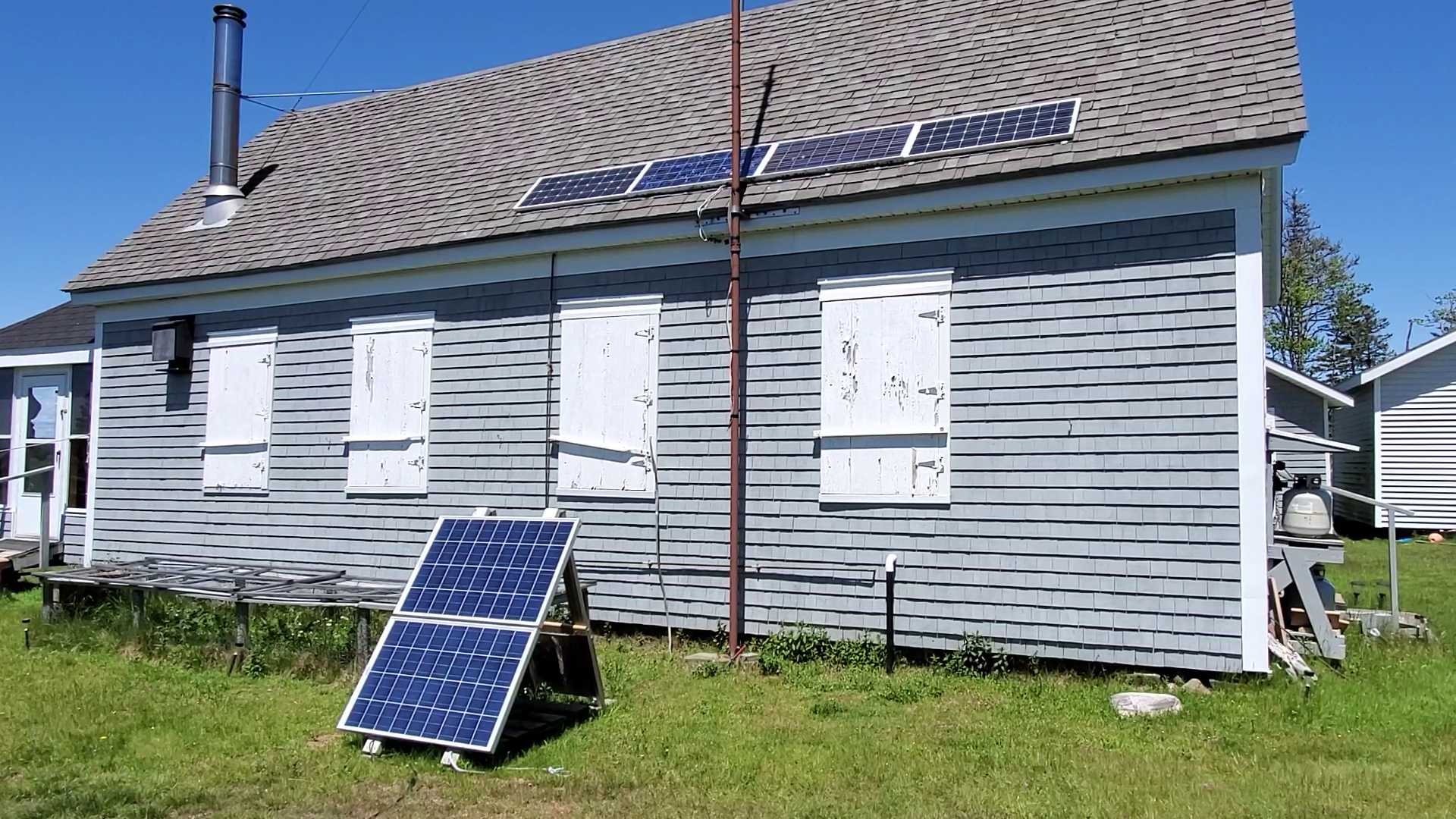
Piles of the past
In contrast to the school, most of the old Wood Island community lies in piles of shattered wood and rust.
The stone outline of a foundation and a crumbling well are all that remain of the Shepherd house.
What’s left of dozens of other homes dots the island. This winter, the former post office finally fell over.
“That’s where we used to get our penny candy,” said Shepherd.
But one home still standing on the southeastern coast holds a special place for a Saint Andrews boatbuilder.
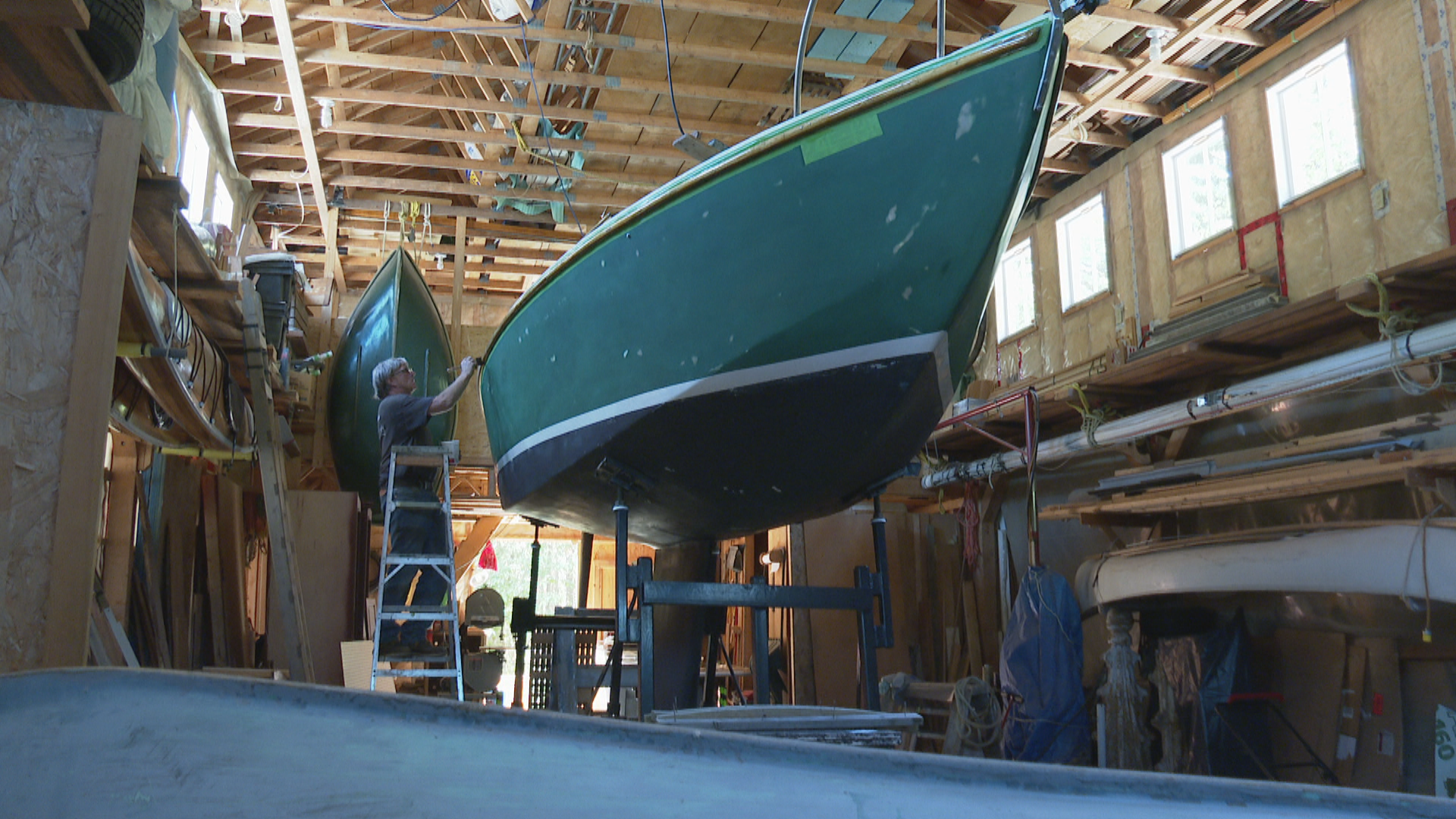
A generation removed
John Anderson’s memories of Wood Island begin when he was a young boy.
“We would go back to the island,” said Anderson, perched on his work bench at his boat shop.
“It was quiet, it was serene. Memories I do remember is waking up in the morning to the sound of the eider ducks on the shore just a rock’s throw away sounding like cattle lowing — just the most gentle sound.”
Three generations of his family were Wood Islanders. His grandfather settled on the island after coming from Norway, and his father, like Shepherd, lived on the island until his early teens, before moving to Grand Manan.
“I think the motor in the boat changed life,” said Anderson. “You didn’t have to be out close to the fishing grounds like you used to be. You weren’t rowing anymore.”
"Before we got back to the wharf, three hermits had come out of the woods."
The advent of the boat engine meant that by the time Anderson started visiting his grandparents' homestead as a child it was empty.
“There was no colony there when I was going, in the 1960s,” he said.
But much of the community was still standing, buildings he could duck into and explore, including the schoolhouse.
“There was still chalk on the ledger,” Anderson recalled. “My father was always very proud and stated that he was a graduate of the Wood Island Academy and made it through the full eight grades. There was one teacher. One room. Eight grades. Two people to a desk.”
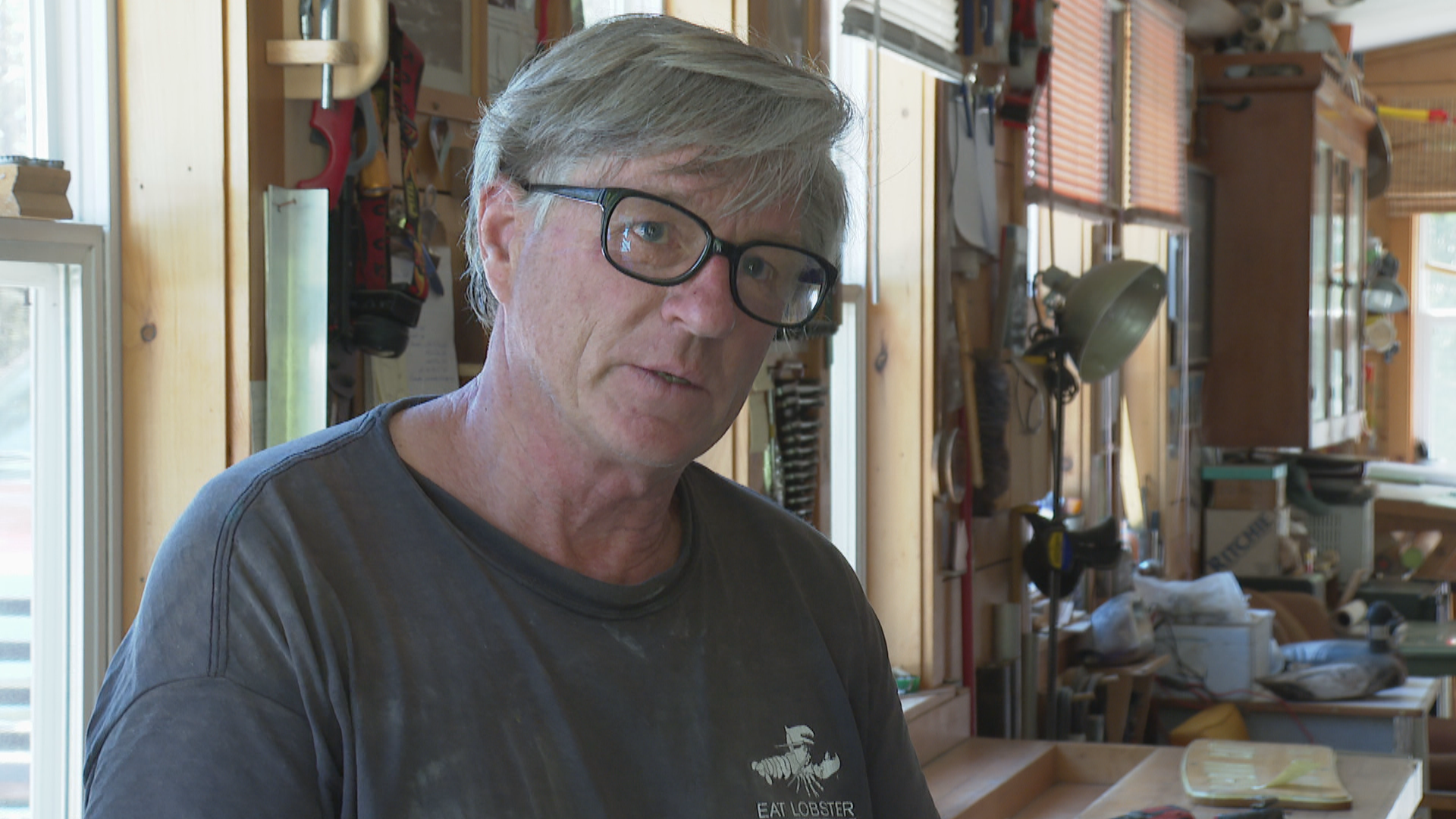
Anderson has frequented the island often in his adult years. And while he was showing the island to some friends in the mid-1990s he had a hand in perhaps relocating some of the last permanent residents.
“As we were walking up the road, out of the woods came a hermit,” said Anderson.
“He said ‘I heard you were on the island. Could I get a ride?’ Before I was done, before we got back to the wharf, three hermits had come out of the woods.”
He gave them all a ride off the island.
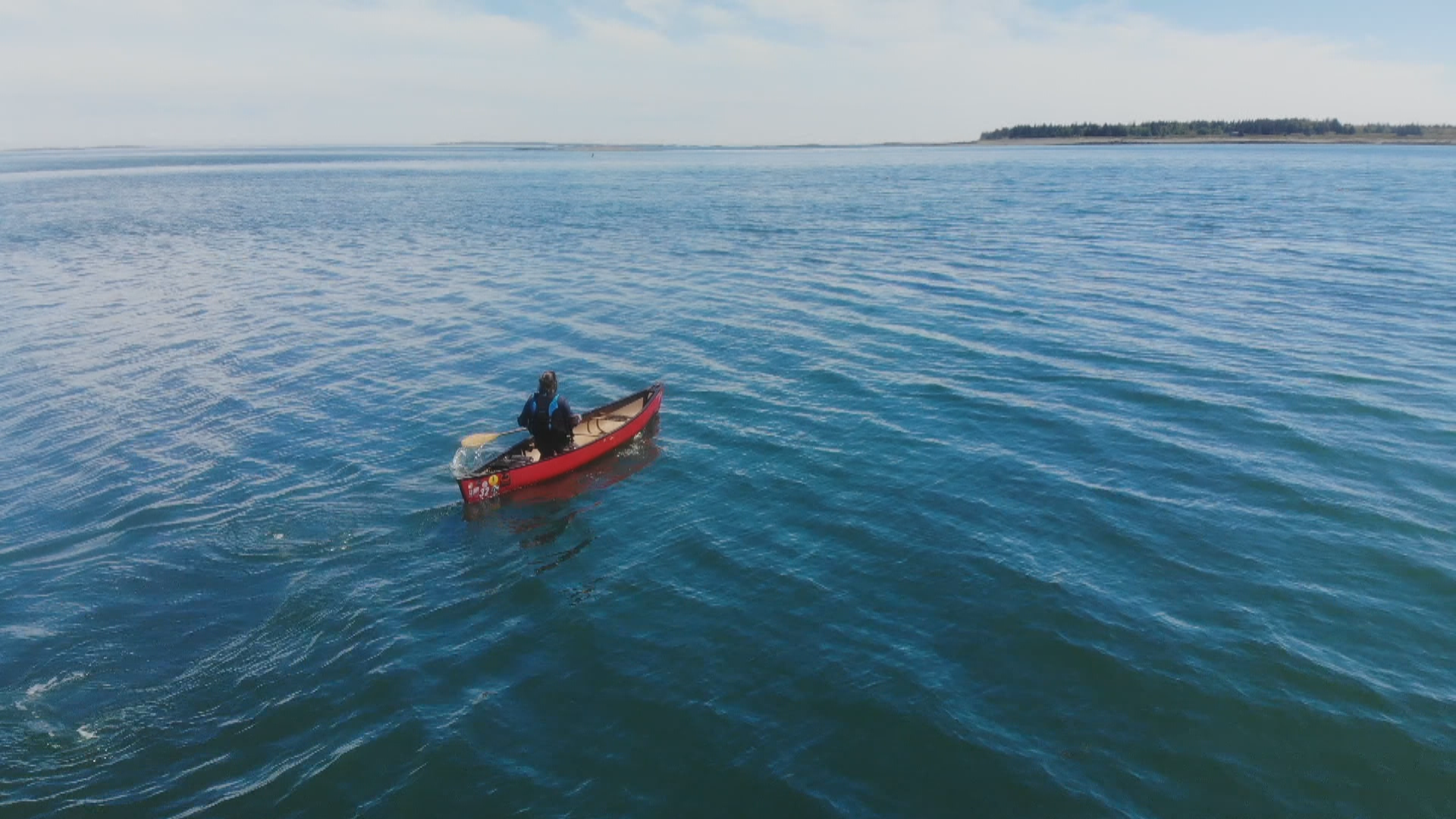
Scattered remains
The Anderson family homestead is one of the few original buildings still upright on Wood Island, and he’s protective of it.
Both he and Shepherd relish the fact that most of the land and buildings have remained under their families’ ownership and stewardship long after they left the island.
These strong family connections are the reason one of the original structures is still in pretty good shape.
Along the wooded paths of Wood Island, there are so many scattered remains of homes and other buildings that a big, white church sitting in a glen comes as a bit of a shock.
At nearly 100 years old, the Reformed Baptist Church has a steeple that rises like a blazing obelisk in contrast to what’s left of the buildings around it.
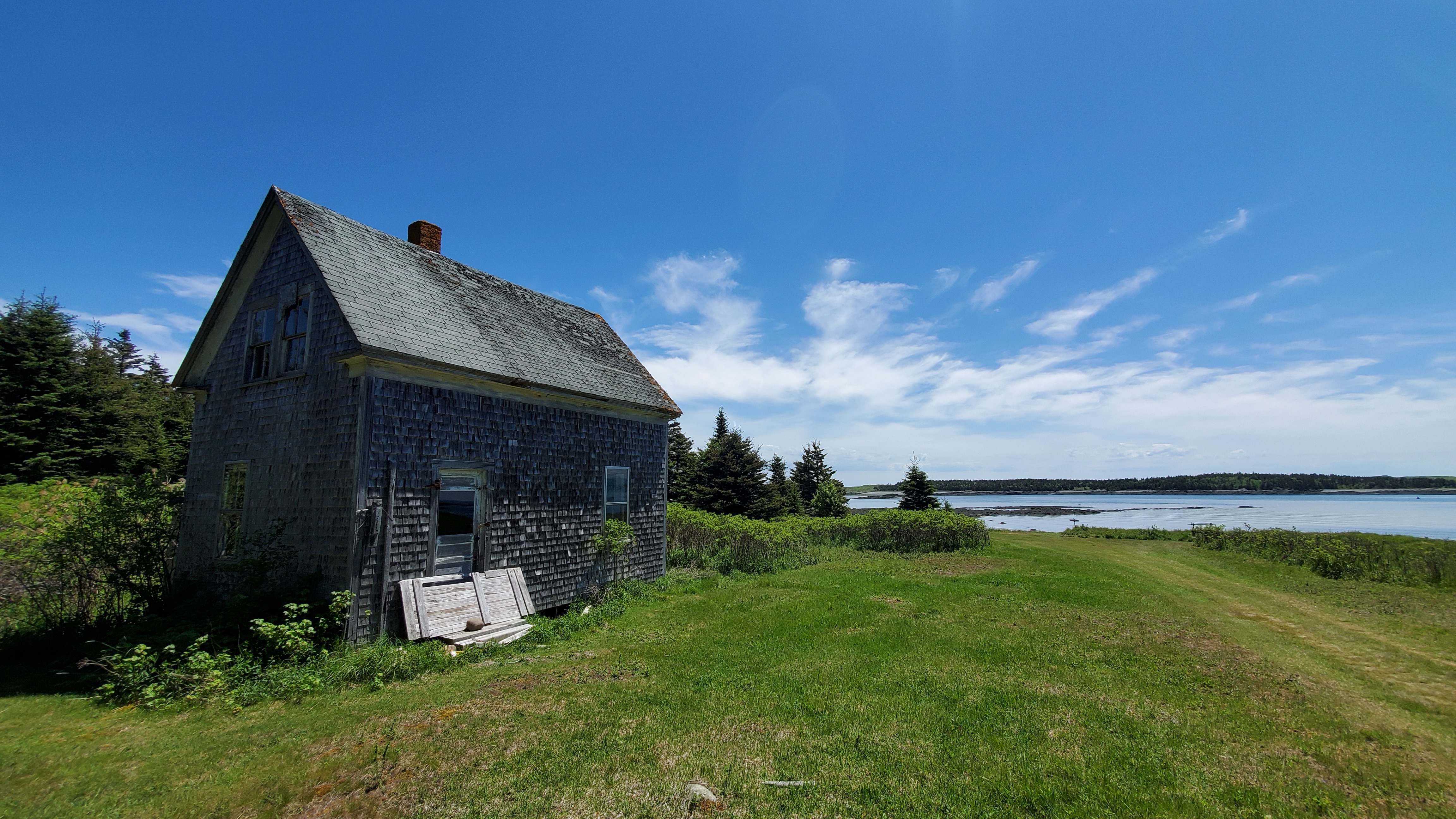
With a fresh coat of paint, the roof redone, and the grass mowed around it, it is the last, best reminder of the community that was.
That’s due to the efforts of the descendants of Wood Islanders. Each summer, dozens make the pilgrimage to the island for a single church service in the old church. Much of the upkeep is done by Fraser Shepherd's son.
“I spend time over here on Wood Island because it’s where you feel like you belong,” said Elliot Shepherd.
When Elliot retired from working for the Grand Manan ferry service, Coastal Transport, on June 1, he made a beeline for Wood Island.
Now he’s committed to staying there for as much of the year as the weather allows.
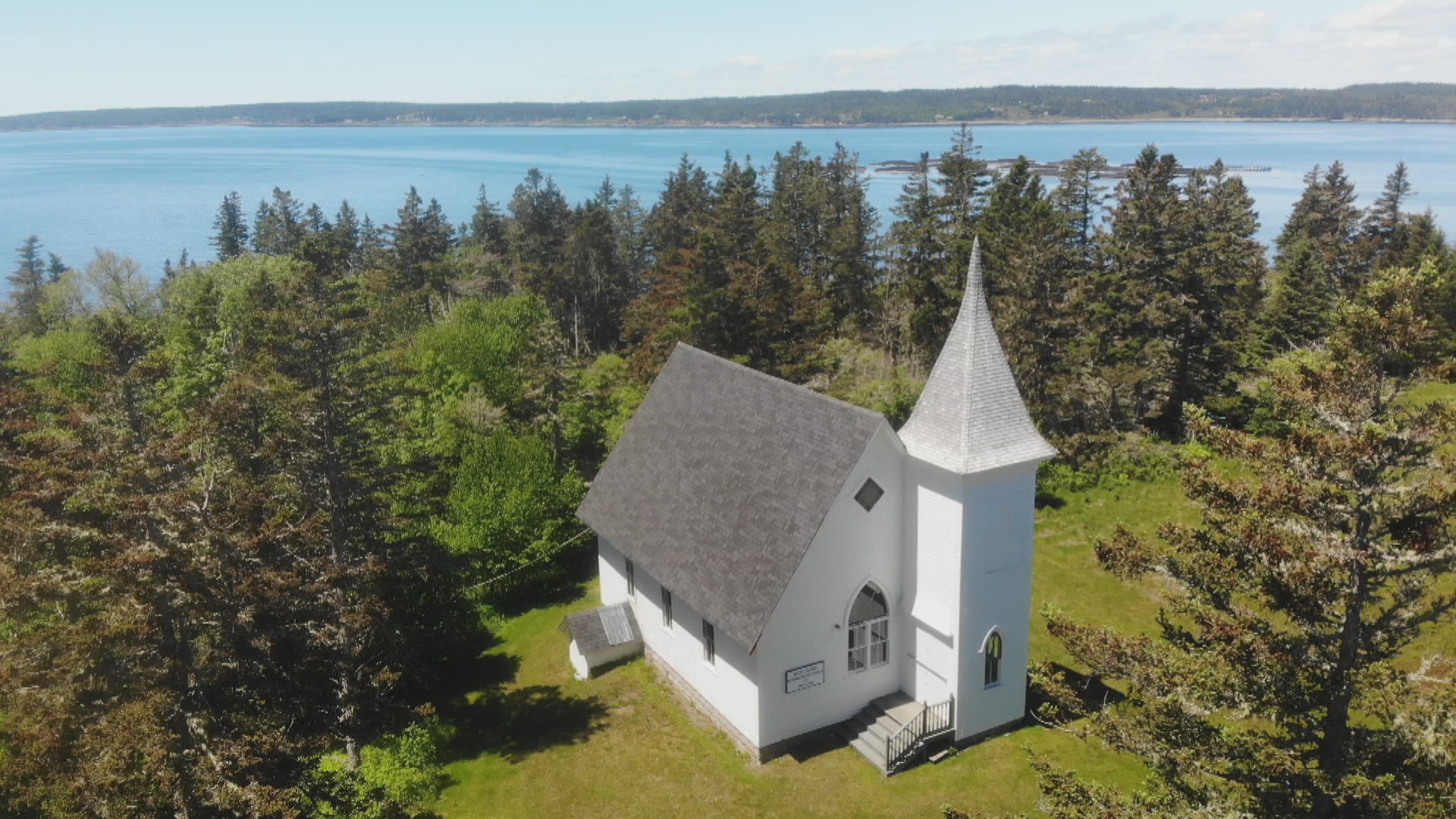
Living in a small camp equipped with solar panels, he gets up with the sun each day. Armed with an ATV and a lawnmower he maintains the remaining roads and the lawns surrounding the church, as well as some of the gravesites, where the earliest marker goes back to the 1830s.
In the summer months, Elliot is joined by a few cottagers as well. He estimated about a half-dozen other summer camps are on the island now.
“There’s a real sense of community with them,” said Elliot. “We work together, play together, eat together and seem to enjoy each other's company.”
Almost everyone’s heritage is tied to Wood Island, so many of the cottagers are distantly related, drawn together by their family histories.
There is a singular tradition on the island, according to Elliot Shepherd. Every Sunday night everyone on the island drops everything and gathers to listen to the Weekend Jamboree, a Saint John radio program featuring old folksongs and country music.
“Everything stops for the jamboree,” said Elliot Shepherd.
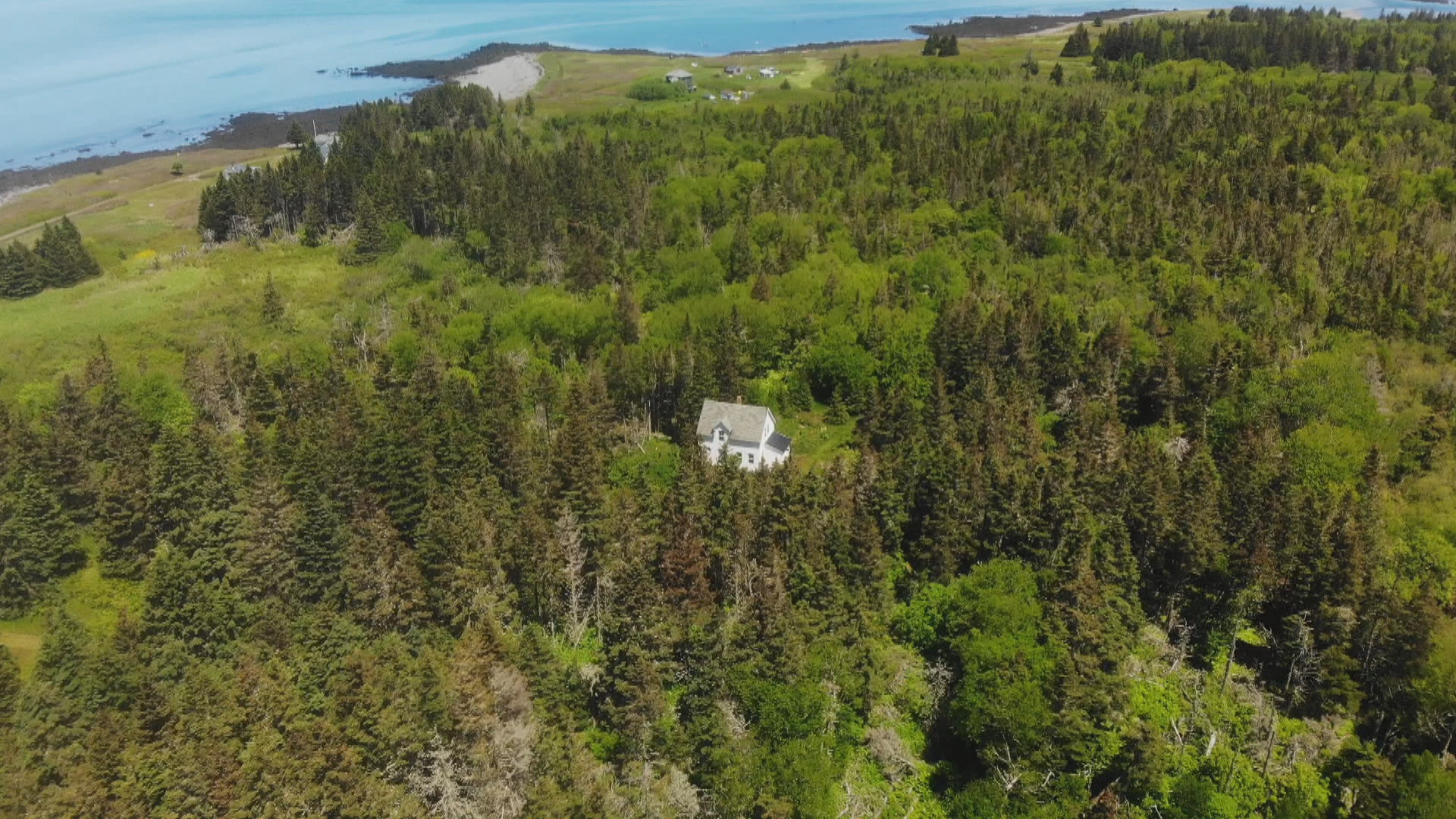
Elliot too is protective of the island. There is a sense of responsibility among descendants of Wood Islanders to keep the ownership of the island to themselves.
But he understands the allure of the island even to those who have no family connections to it.
“When they step foot on here, they feel they’re home,” he said. “Thus, the importance of the term that one of our cousins that lived over here and started when she was a young girl, calling it “On Home.”
“You just feel like you belong.”
